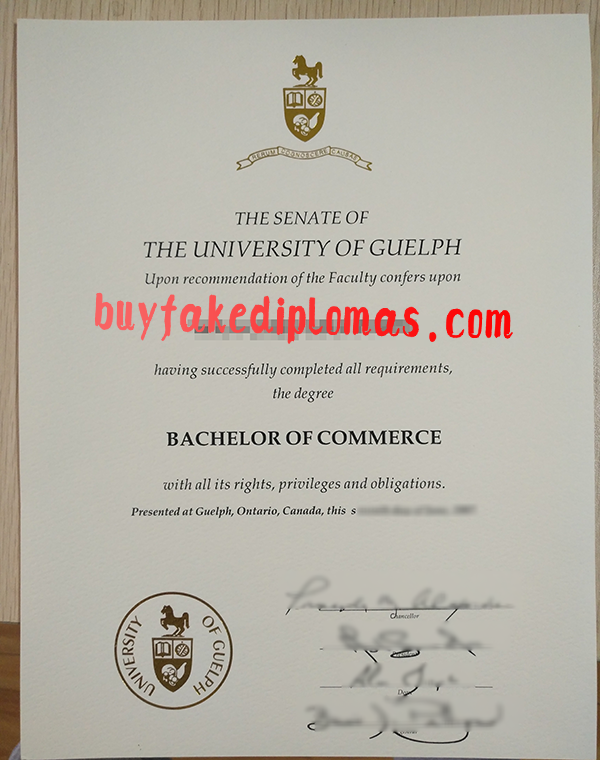The structure and features of the Canadian degree: What you must want to know.
Canada is a multicultural and high-quality country that attracts thousands of international students to study abroad each year. Canada’s post-secondary education system is regulated and overseen by the provinces and territories, so different regions may have different regulations and standards. However, Canadian degrees generally share some common structures and characteristics that make Canadian degrees recognized and valuable at home and abroad. This article will introduce the structure and characteristics of Canadian degrees to help you better understand higher education in Canada.
Introduction and comparison of Canadian higher education systems:
Canada’s post-secondary education system consists of two main types of institutions: universities and colleges. The university mainly offers academic and professional degree programs, such as Bachelor of Arts, Bachelor of Engineering, Master of Business Administration, etc. The College mainly offers vocational and technical certificates, diplomas and practical degree programs, such as Certificate in Nursing, Diploma in Tourism Management, Bachelor of Applied Technology, etc. The Canadian higher education system has both similarities and differences with other countries. For example, similar to the United States, Canada also uses a four-year undergraduate system, meaning students need to complete 120 credits to earn a bachelor’s degree. Similar to the United Kingdom, Canada also uses a three-level graduate education system, meaning that students are required to obtain a master’s degree before applying for a doctoral degree. Unlike Australia, Canada does not have a uniform post-secondary Qualifications Framework (AQF). Instead, each province and territory develops and recognizes post-secondary qualifications in accordance with its own laws and policies.
Types and requirements of university degrees in Canada:
Universities in Canada offer many types of degree programs, which fall into the following categories:
Undergraduate degrees: Undergraduate degrees typically require four years of full-time study or six years of part-time study for a total of 120 credits. There are two types of undergraduate degrees: an Honours degree and a General degree. An Honors bachelor’s degree requires the completion of more specialized coursework and often requires the writing of a thesis or the conduct of independent research. A general bachelor’s degree requires the completion of more general coursework and usually does not require writing a thesis or conducting independent research. Bachelor’s degrees can be obtained in a variety of fields, such as liberal arts, business, engineering, education, law, medicine, science, etc.
Master’s degrees: Master’s degrees typically require one to two years of full-time study or two to four years of part-time study for a total of 30 to 60 credits. Master’s degrees are divided into two types: research Master and coursework Master. A research Master’s degree is highly demanding, requiring the completion of certain coursework and writing a master’s thesis or undertaking a research project. Coursework Master’s degrees are less demanding, requiring only the completion of certain coursework, and usually do not require writing a master’s thesis or undertaking a research project. Master’s degrees can be obtained in a variety of fields, such as liberal arts, business, engineering, education, law, medicine, science, etc.
Doctoral degrees typically require three to five years of full-time study or five to seven years of part-time study for a total of 90 to 120 credits. The doctoral degree is the most rigorous, requiring completion of certain coursework and writing a doctoral thesis or conducting original research. Doctoral degrees can be obtained in a variety of fields, such as liberal arts, business, engineering, education, law, medicine, science, etc.
International recognition and value of a Canadian degree:
Canadian degrees enjoy a high reputation and value at home and abroad for several reasons: The quality of higher education in Canada is rigorously monitored and evaluated to ensure compliance with international standards and expectations. There are several agencies and organizations in Canada that regulate and accredit post-secondary institutions and programs, such as the Canadian Council for Quality Assurance in Higher Education (CQAHEC), the Consortium of Canadian Universities (AUCC) and the Canadian Council for Professional Accreditation (CAPC). The Canadian higher education system has many similarities with other countries, making Canadian degrees easy to accept and recognize in other countries. For example, Canada and the United States have a number of bilateral agreements and cooperative programs that allow Canadian degree holders to continue their studies or seek employment in the United States. Canada is also a Commonwealth country and shares many common educational traditions and standards with the United Kingdom and other Commonwealth countries, enabling Canadian degrees to pursue further study or seek employment in Commonwealth countries. Canada’s post-secondary education system is very flexible and diverse, allowing Canadian degrees to be adapted to different needs and goals. For example, students in Canada can choose from different types and fields of degree programs based on their interests and abilities. Students in Canada can also choose different learning modes and methods according to their own time and financial situation. Through exchange programs, internships, and volunteer projects, Canadian students can gain international experience and exposure to different cultures. Canadian degrees have a clear structure and characteristics that make them recognized and valuable at home and abroad.

